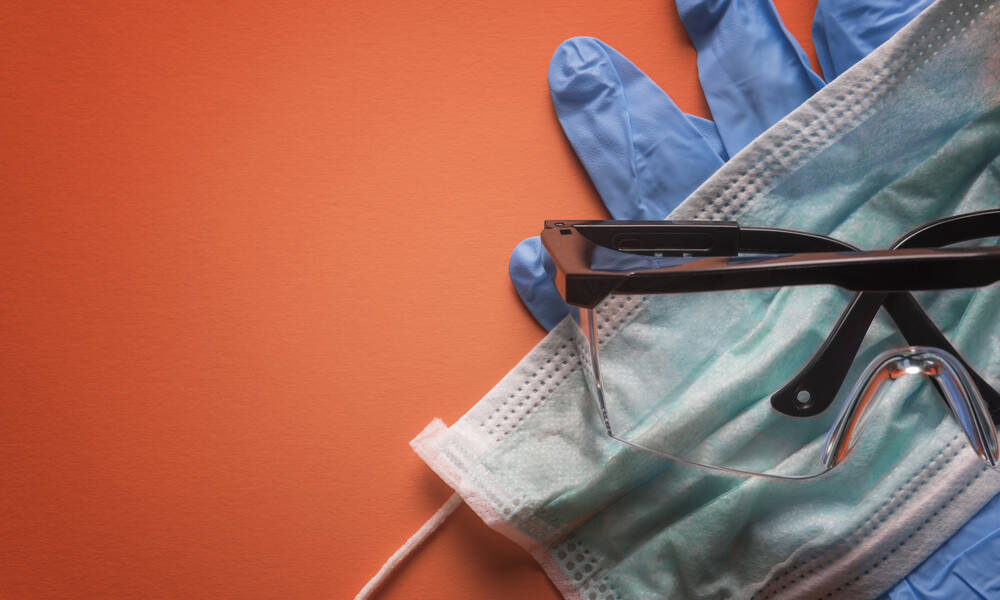
American Hospital Association Enlists Manufacturers to Combat COVID-19 Shortages
An alarming shortage in personal protective equipment is spurring an unlikely alliance that is working to rapidly produce surgical masks and face shields for healthcare workers responding to the COVID–19 public health crisis. Their goal: 100 million masks—and more.
A nationwide initiative led by the American Hospital Association (AHA) is working to quickly ramp up production of personal protective equipment (PPE) that healthcare workers need to safely care for patients affected by the COVID–19 pandemic.
The 100 Million Masks Challenge is providing manufacturers, community businesses, and individuals an opportunity to support their local hospitals by dramatically increasing production of the vital protective gear. Priya Bathija, vice president of AHA’s The Value Initiative, said the project, which started March 26, generated an immediate response from manufacturers, who began downloading specifications from AHA’s website for producing masks, face shields, and gowns.
“We’ve seen a number of manufacturers that don’t typically participate in the normal supply chain for PPE products step up and say they have availability and ask if we can connect them with hospitals that need PPE,” Bathija said.
The challenge began at Providence, a system of hospitals and other healthcare facilities with headquarters in Washington State, the first epicenter of the COVID–19 pandemic in the U.S. That effort had quick success with a local manufacturer, and a week into the campaign Providence reached out to AHA to scale up the challenge nationally.
Within 72 hours, AHA launched a nationwide call to action that encompasses not only the shortage in PPE but also shortages of healthcare workers in “hot spot” areas around the country. The initiative is supporting state, regional, and metropolitan hospital associations as they assist hospitals—locally and across their states—to address ongoing priorities related to COVID–19.
The challenge has gathered significant momentum across the country in a short time, thanks to the joint work of an unlikely coalition, Bathija said.
“I don’t think hospitals have typically reached out to manufacturers to try to solve a problem that the whole community is facing before. That’s part of the reason we’re so inspired,” she said. “People are coming together to support our healthcare workforce, our healthcare heroes.”
Bathija said that in Chicago, where she lives, people lined the streets on a recent Saturday night to cheer for healthcare workers. “Even in this time, where everyone is feeling anxious and everyone is feeling scared and worried, we can all come together and support those who are on the front lines, who have to go in every day,” she said. “That, to me, is very gratifying.”
(natasaadzic/iStock/Getty Images Plus)






Comments